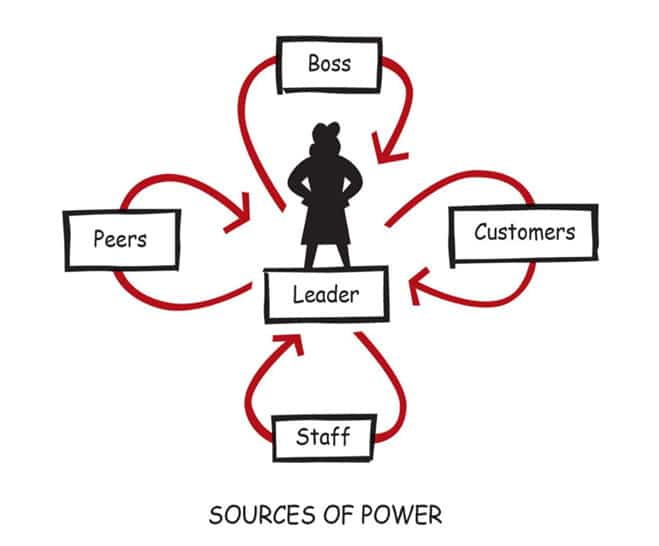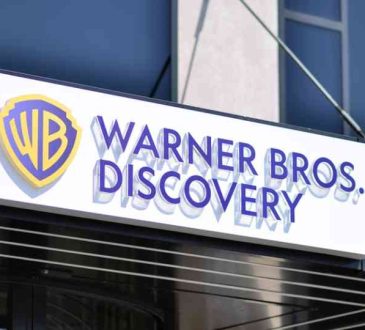The #1 Tip for Millennial Leaders on Culture and the Bottom Line

In my 30+ years working with executives, I’ve known directive CEOs, creative CEOs, disruptive CEOs, and slow-and-steady CEOs. Today’s Chief has to be all those. Leaders set the tone for the corporate culture – and that culture is visible to the whole world. No one understands this or has the evolved aptitude to appreciate it more than the Millennial CEO.
I’m energized every day to be working with a new generation of Millennial CEOs, driven with purpose. I see startups and scale-ups run by a generation, including my own children, changing the landscapes of health, food, travel, finance, and energy. As a veteran of IBM and a lifetime growing businesses, I’m called to help this new generation to have the tools they need to tackle current and future challenges. So who are these rising leaders?
A New Breed of CEO
For starters, this is a new breed of CEO in general. This leader grew up in a time when society – at least in America – told them, “You can be anything you want.” My mom and dad told me to work hard, keep my “nose to the grindstone.” I now see leaders walking the talk of being open to anything. In the face of some tough realities, I’m seeing an “impossible is nothing” persistence.
Maybe this is why I don’t have to explain the importance of peak performance culture to modern leaders. They understand that that tone, vibe, environment, and habits impact how team members perform. They understand that a leader’s behavior drives corporate behavior on a spectrum from drudgery & stagnation — to performance & innovation.
Two TRUTHS I find myself needing to convince my contemporaries but not Millennial leaders are that:
- Possibility is everywhere.
- Culture drives bottom line performance.
Why Is Peak Performance Culture Hard to Achieve?
We can’t hide from the burn-rate or burnout rate of today’s mid sized organization. It would seem that creating a purpose-driven organization, which delivers sustainable value for customers, and which innovates, and leads the market — that is a unicorn. As an analog, the unicorn is an appropriate way to think of just how rare Peak Performance Culture is in today’s would-be scaleup.
A Culture Unicorn
The real-estate-unicorns at WeWork, Inc. get the culture difference. This estimated $20B work-community scale-up is demonstrating how important culture is to the community’s success. Co-founders Miguel McKelvey and CEO Adam Neumann were so bold as to move McKelvey into position as Chief Culture Officer. This struck me as interesting. WeWork prioritized the role of Culture leader over any of the other roles this co-founder could have played.
How active is this Culture role? While he doesn’t garner the same headlines as co-founder and CEO Adam Neumann, McKelvey’s role is a pulse throughout the global organization and a huge part of the public recognition of community impact. He is responsible for instilling the shared values and principles of the community. What does that say to the employees and Members of the WeWork community? It is a clear signal that culture matters and culture is a contributing factor of the enterprise effect. For a purpose-oriented company that invites employees and Members to an all-inclusive annual summer camp, it’s no surprise culture has a front seat.
Will It Scale?
Today we see startups and scaleups with younger CEOs at the helm using tools like TINYPulse, to get feedback and ideas from staff on a regular basis. Slack provides easier access to tacit knowledge and coordination among remote teams. Tools like these create the structure for a culture of transparency, sharing, and autonomy – key values of today’s startups and scale-ups. But these tools aren’t enough. When a new idea comes along, we ask, “Will it scale?” The doubt implied in that question isn’t about the technology, it’s about people.
When you are intentional about your culture and your bottom line, you are intentional about your sources of power.
#1 Tip: Manage Your Sources of Power
Your source of power in an organization doesn’t come from your title. Nor does power come from pedigree or performance plan. Our sources of power are the people and conversations around us.
Get a piece of paper and a pen — we’re going old school. Draw yourself in the center of the page. [Obviously as CEO, YOU are the center of the universe for this exercise.]
Now we’re going to add people in each of the four cardinal directions around you. Above to the north is your boss — the Board of Directors, shareholders, or investors who employee you. To the west on your left are peers — these can be other CEOs and industry partners. To the south below you are your employees. Finally on the right to the east are customers.
Step back and look at your sources of power. How are you doing in these relationships? How are you investing scarce time and energy? How are you bringing customer insight into all conversations?
As a CEO, what can you do to be the intentional peak performance culture that your customers deserve? How can you be explicit about your peak performance culture and establish the norms of behavior that are part of your enterprise?
If you’re not already journaling every day. Start. It’s the #1 habit of leaders. In that journal, reflect on your sources of power. Track your reflections over time. Share what becomes clear for you.
Then go be anything you want.
Have you read?
What Do Millennials Need? It’s All About Trust by Kelly and Robby Riggs.
World’s Top 20 Cities For Cash-Strapped Millennials In 2018.
The only uncensored guide on creating an environment that engages millennials you’ll ever need by Joshua Hebert.
Add CEOWORLD magazine to your Google News feed.
Follow CEOWORLD magazine headlines on: Google News, LinkedIn, Twitter, and Facebook.
This report/news/ranking/statistics has been prepared only for general guidance on matters of interest and does not constitute professional advice. You should not act upon the information contained in this publication without obtaining specific professional advice. No representation or warranty (express or implied) is given as to the accuracy or completeness of the information contained in this publication, and, to the extent permitted by law, CEOWORLD magazine does not accept or assume any liability, responsibility or duty of care for any consequences of you or anyone else acting, or refraining to act, in reliance on the information contained in this publication or for any decision based on it.
Copyright 2024 The CEOWORLD magazine. All rights reserved. This material (and any extract from it) must not be copied, redistributed or placed on any website, without CEOWORLD magazine' prior written consent. For media queries, please contact: info@ceoworld.biz
SUBSCRIBE NEWSLETTER









